“I feel emotional landscapes. They puzzle me.”
– Jóga by Björk
I was in Rennes that summer one year ago. At the confluence of the Vilaine and the Ille, Rennes, prefecture of Brittany, is a picturesque city in northwestern France. Even though it was already midsummer season, different from the humid and muggy subtropical climate in Hong Kong, the temperature during the sunset there was surprisingly cool; the gentle breeze smoothed the lines of worry on the faces of the pedestrians away with her cool fingers. The golden red sun was bending in the west as the street lamps reflected irregular beams of light on the cobblestones. It was ideal time for sunset hour drinks and evening soirées of cool cocktails, with a wide selection of wines and international beers. Javier, Sylvia, Janice and I were strolling along the boulevard while listening to Björk’s Jóga as the verse went, “[…] Emotional landscapes, they puzzle me.”
Hearing this, Javier, lost in thinking, asked me with faltering smiles, “So Winstead, what’s the emotional landscape that puzzles you?” He must have felt that the answer to this question should be obvious, as every friend of mine from my university knows I love the country of France and its culture (and this probably explained why I’ve been learning French for four years while I’m in Hong Kong as I’m so, so deeply obsessed with this language). “Wait, let me guess: your ‘emotional landscape” is the French-style landscape, right? See you can hardly hide your yearnings for it.” He teased me. I closed my eyes and plunged into a deep reverie while the sun changed in untold colors: white, yellow, and then red… which made me daze to be lost into dreaming that I couldn’t tell which color was the most gorgeous and beautiful. After a moment of silence, suddenly a word blurted out of my mouth, “Sweden.” And at that moment I saw incredulous expression on Javier’s face as this answer was so unexpected to him, and perhaps to everyone who used to know me.
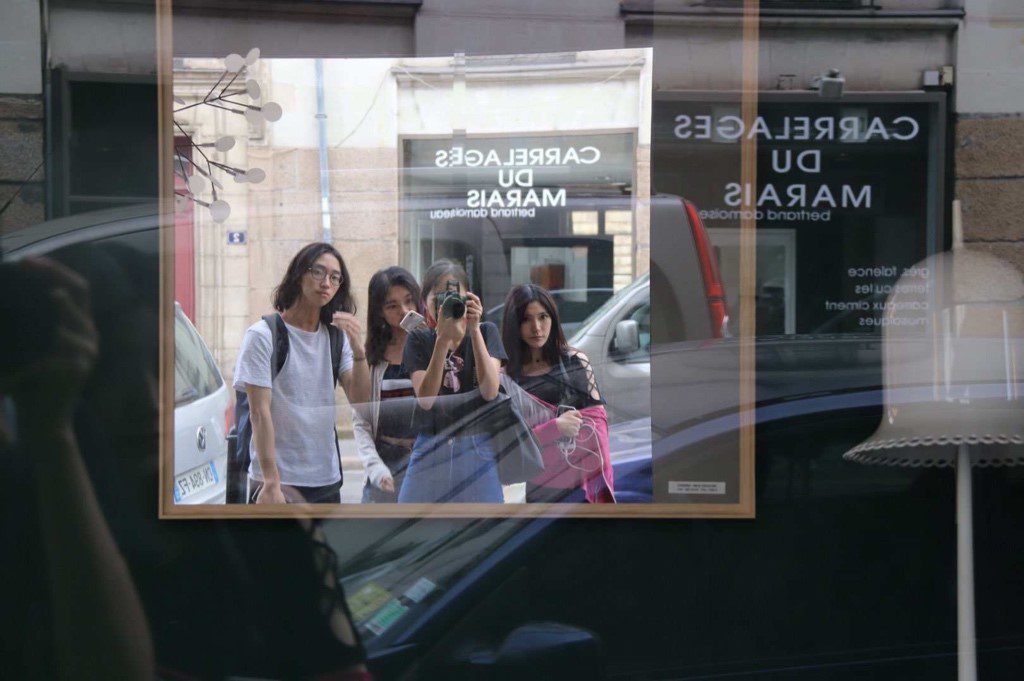
The land of Nordic dynamism, a vast region of prosperity, has indeed long appealed to me like a magnet when I was a child, as I started to have many a fantasy about Sweden since I was seven when I spent more than half of my childhood time reading Lindgren’s fairy tales. Most of this Swedish writer’s books have been badly thumbed by me, and among them Pippi Långstrump is my favorite, who has been encouraging generations of girls to play freely and believe in themselves. In the process, Pippi created a miracle for gender equality. The 9-year-old girl, representing an imaginative and unconstrained child power, lives alone in a big house, where she cares for herself, has countless gold coins, can walk forwards and backwards as she likes, can sleep in shoes, can wear wet clothes, can go to school on horseback…
The many “don’ts” that are often scorned by adults are all overthrown by her, and her maverick subverts the life of the Nordic town. “Don’t we live in a free country?” Pippi always responds to the voices of doubt like this, and it is this “free country” that strongly attracts me. For me, Astrid Lindgren endowed many kids with modern aesthetic ideals and subjective consciousness, independence and creative desires, which is lacking in my own cultural literacy, and that’s probably why I could never get enough of Lindgren and every aspect of Swedish life depicted by her. “To live in a Swedish tree house” has thereafter become one of my childhood dreams.

But still, no matter how big the childhood dream is, to study and live in Sweden is on all accounts deemed an unusual choice for me. Indigenous to the southeastern coastal area of China, my body, and especially my stomach, has been so used to the hot and humid weather in the subtropical zone. The smell of a salty breeze and the light taste of the seafood have been deeply rooted in my memory of life. And now, as I’m setting out for my new life in northern Europe, I start to search for a common ground between Sweden and Hong Kong; however, except for the fact that most locals speak English in both places, there is no more common point; the climates are even at the two extremes, which reminds me of the famous line in A Song of Ice and Fire, “the winter is coming.”
However, I’m not afraid of the cold, no, on the contrary, I’m looking forward to it, as in Nordic primitive cultures the winter represents the future and rebirth. The Swedish winter shall not be cold, dark and depressing, but it gestates the vitality of the coming year. The more I long for the cold winter with the shining of eager in my eyes, the more visions I have of Sweden: I will be wandering on an embankment, where the crystal clear waters and white yachts shall greet me; or I will just follow the path leading to the castle, and enjoy the idyllic archipelago scenery at the highest point; or I shall simply sit in an open-air garden by the harbor, drinking a cup of coffee and watching the crowds and clouds. It takes only 2-3 hours to have a sightseeing boat trip from Gothenburg to Marstrand, and many activities on the island are available, including fishing in the sea, Viking dinner and a rubber boat ride at sea.
The archipelago in Sweden is rich in vegetation, dotted with two or three red or yellow holiday cottages, where the white sailboats roaming the calm Baltic Sea would occasionally drift, so the island scenery there must be fascinating. What’s more, because of its slow growth in cold, clean waters, the shellfish in Sweden is even one of the most delicious seafood in the world. Now it’s time to admit that there is so much to look forward to in this Nordic country.
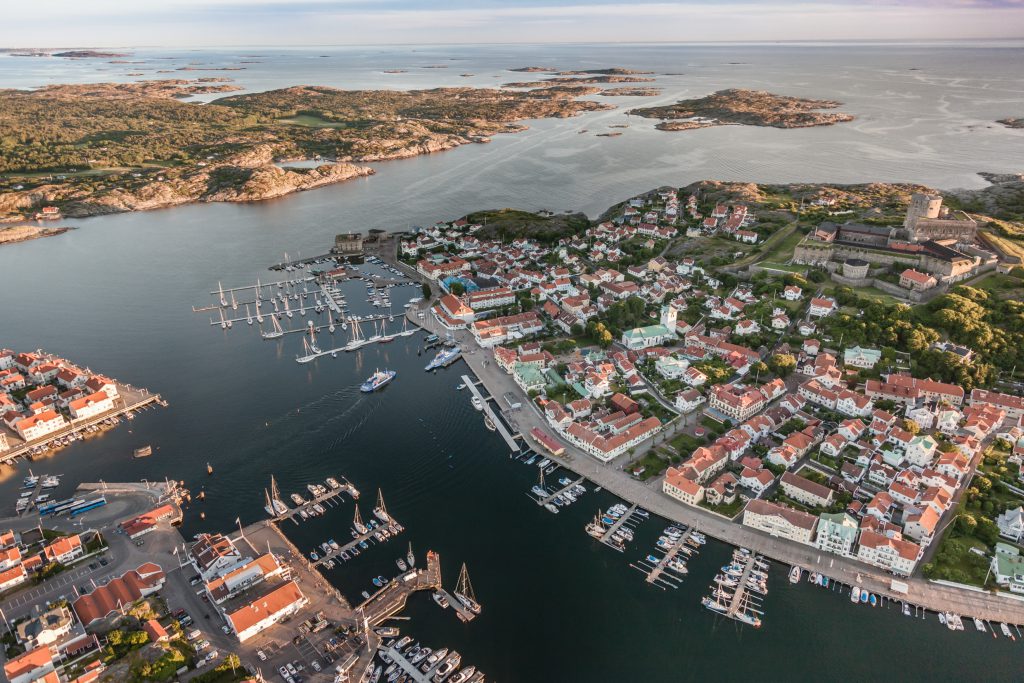
The one last thing I need to do before I arrive in Uppsala, Sweden is probably to learn Swedish. I heard that there are many free Swedish courses available in Sweden when we arrive, so picking up this new language for daily use purpose should not be a worry. But still, as a language amateur, Swedish has already filled me with suspense and curiosity. My inquisitive mind keeps urging me to explore into the wonder of this language, and there are some remarkable Swedish words that leave me with deep impressions which I’d like to share in this blog, as I believe the charm of culture always originates form the glamour of its language, so to appreciate the beauty of Swedish becomes a necessity if someone is going to live in Sweden. Here are some Swedish words that are “impossible to translate” together with their explanations by Ella Frances Sanders:
Tretårn.
On its own, “tår” means a cup of coffee, and “patår” is the refill of said coffee. A “tretår” is therefore a second refill, or a “threefill.”
As a coffee lover, probably self-confessed, I down at least two cups every day. And therefore, the coffee culture in Sweden, where people enjoy fika, i.e. taking a coffee break with friends, is certain to increase my sense of well-being and happiness.
Mångatan.
The road-like reflection of the moon in the water.
The word “Mångata” conveys the felicity in a private and tender relation between human and nature, which is the enchantment of life in Sweden. The scenery and nature construct a big part of what Sweden has to offer, and a true devotion of life is speechless here in this country with a harmonious communion with nature. It’s not hard to imagine walking here along a path through the forest and that the fast-flowing small rivers suddenly lead me to a clear lake, where the beautiful water is aquamarine-blue with some narrow parts of the lake being emerald-green. Then I shall see the straying moonbeams, silhouetted against the glittering water, are building up a lane to a distant place. And that’s the ultimately beautiful “Mångata” on this natural land.
Again, the verse of Björk rings in my ears, “Emotional landscapes, they puzzle me.” Life in Sweden is only less than one month away, and I’m looking forward to its marvelous landscapes that possess emotions with endless obsession. Lindgren’s fairy tales, the splendid island scenes, the marvelous Swedish language… this country must have much more to offer than I can expect.

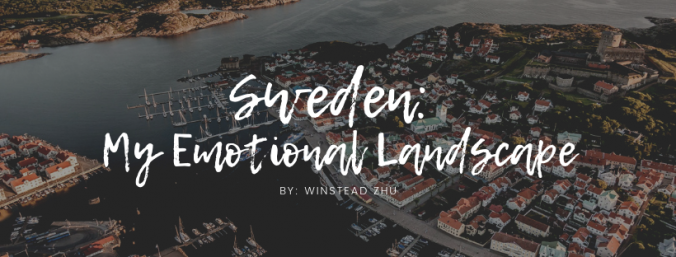

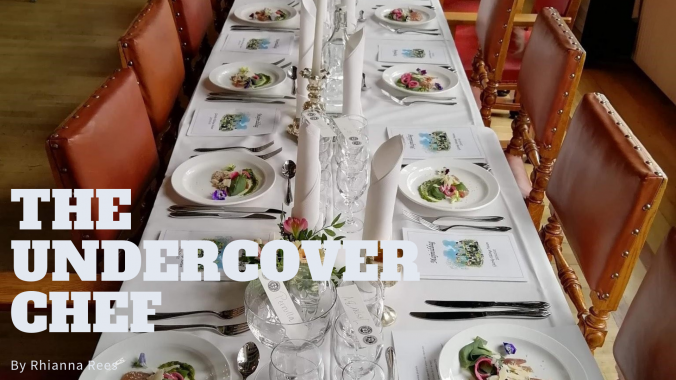

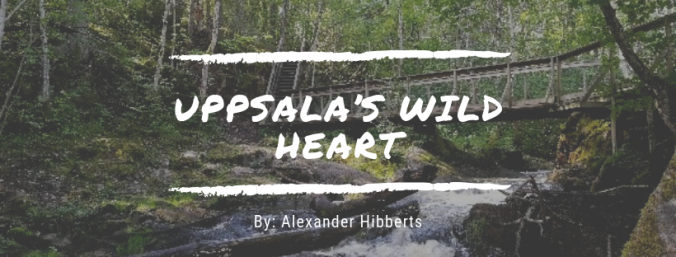

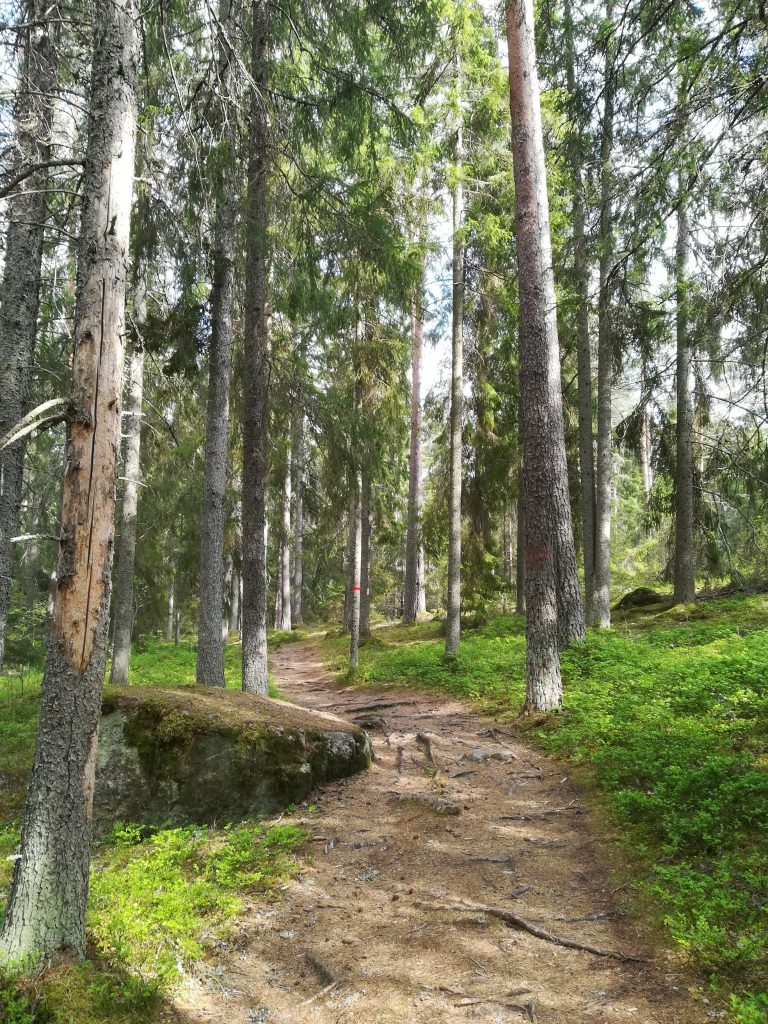
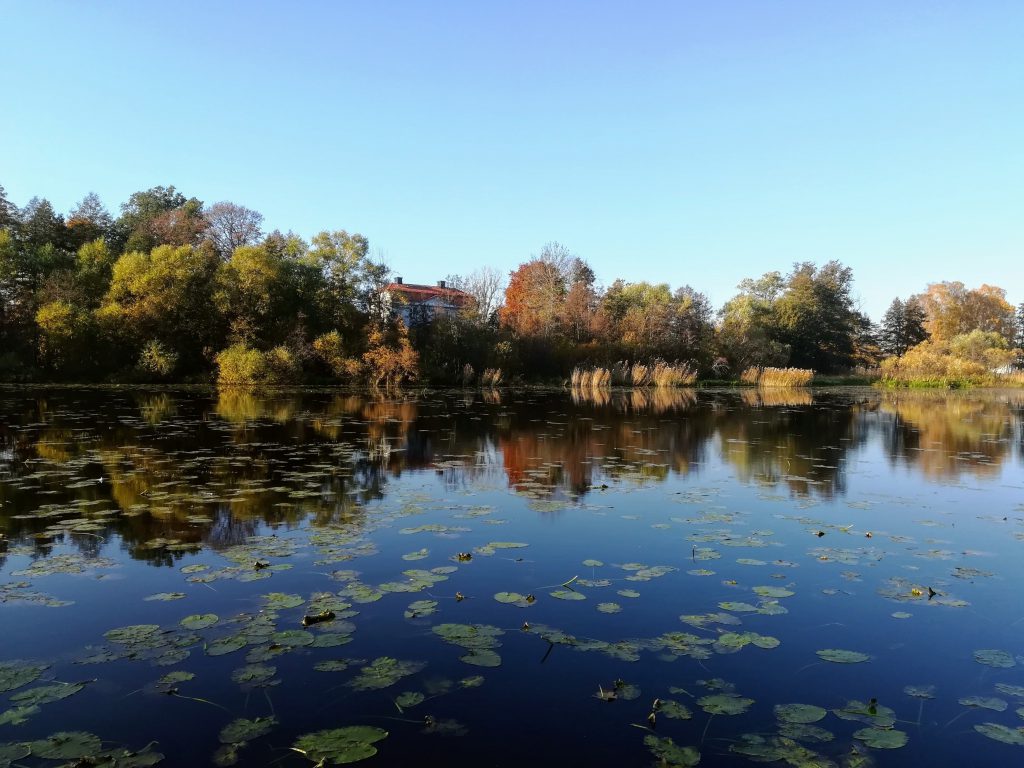
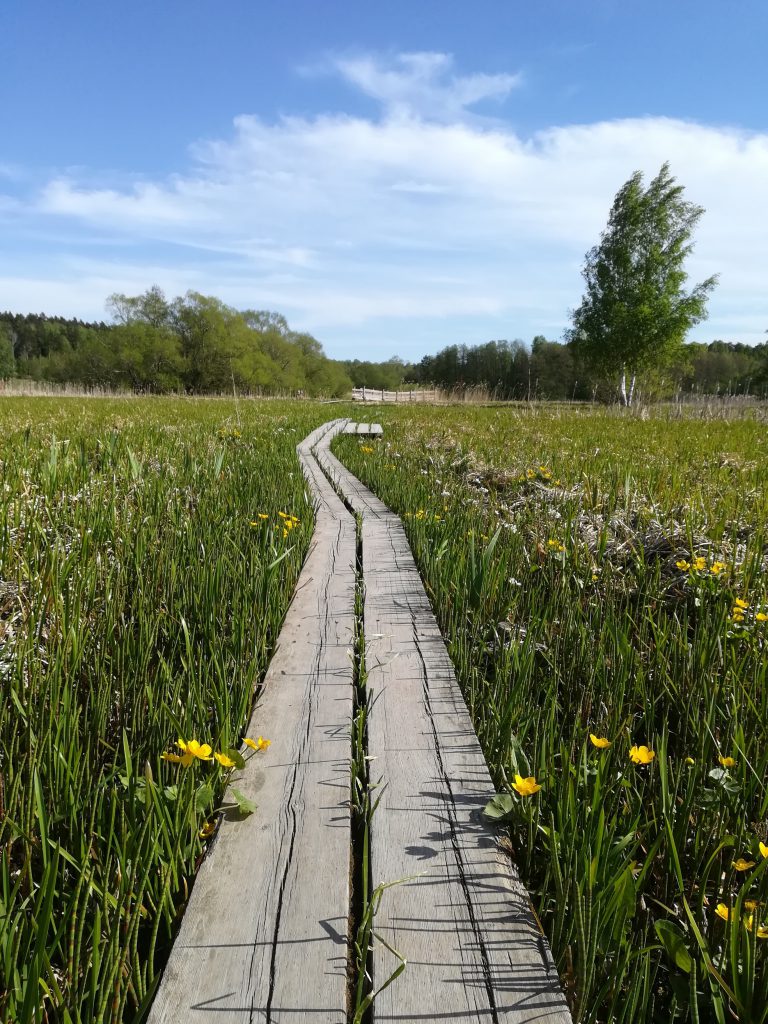
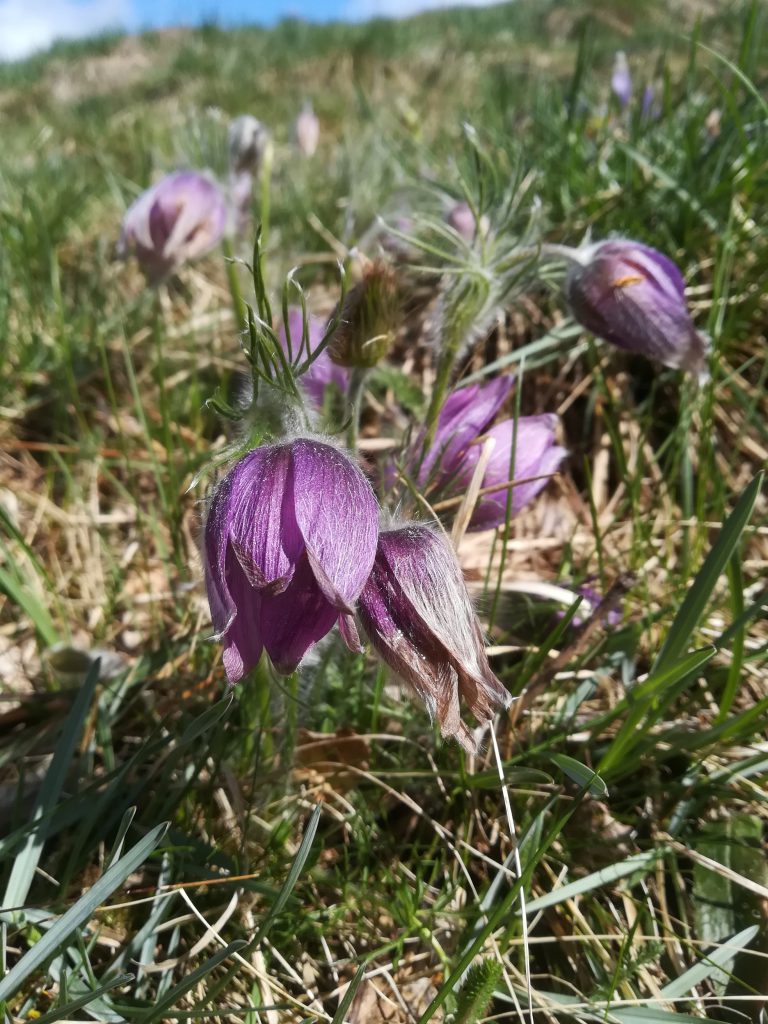




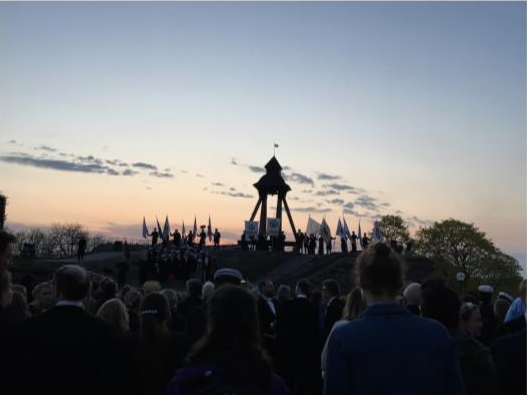

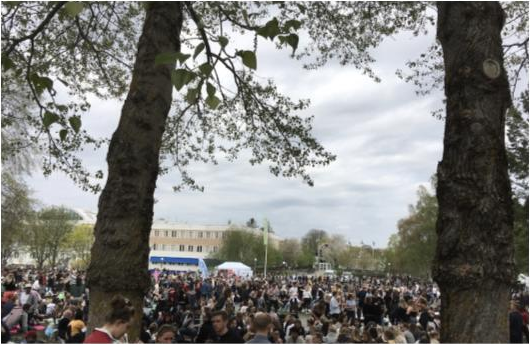
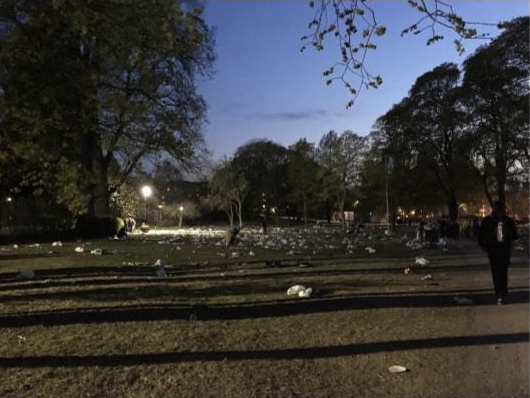
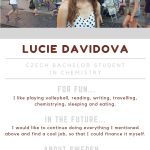

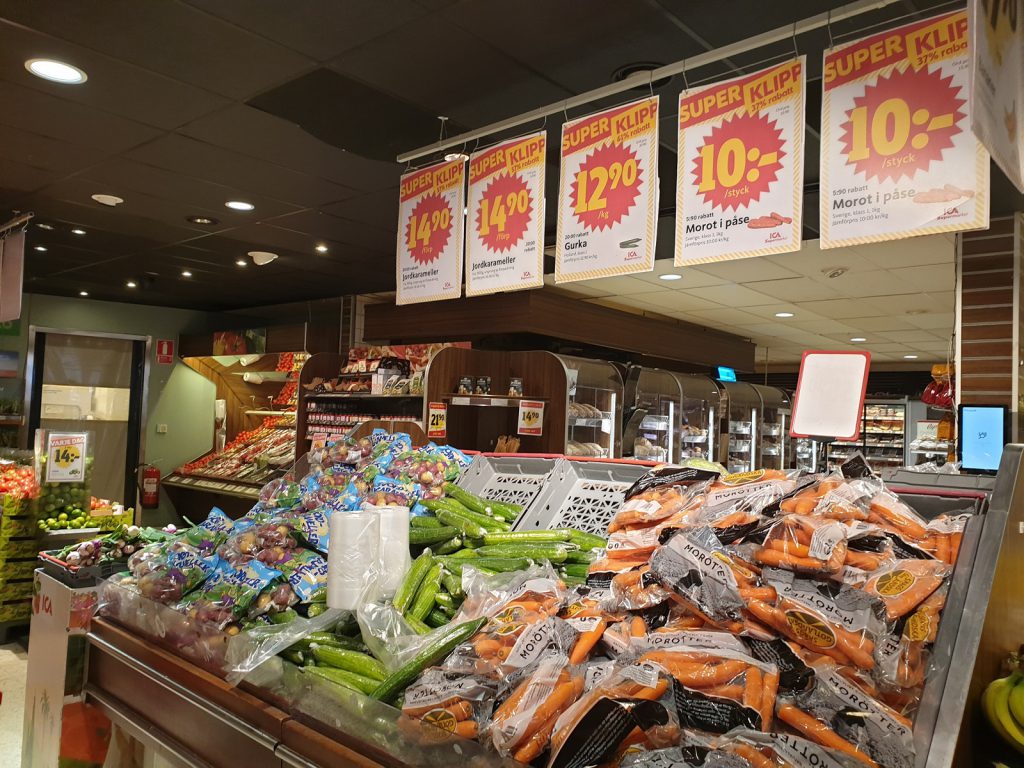
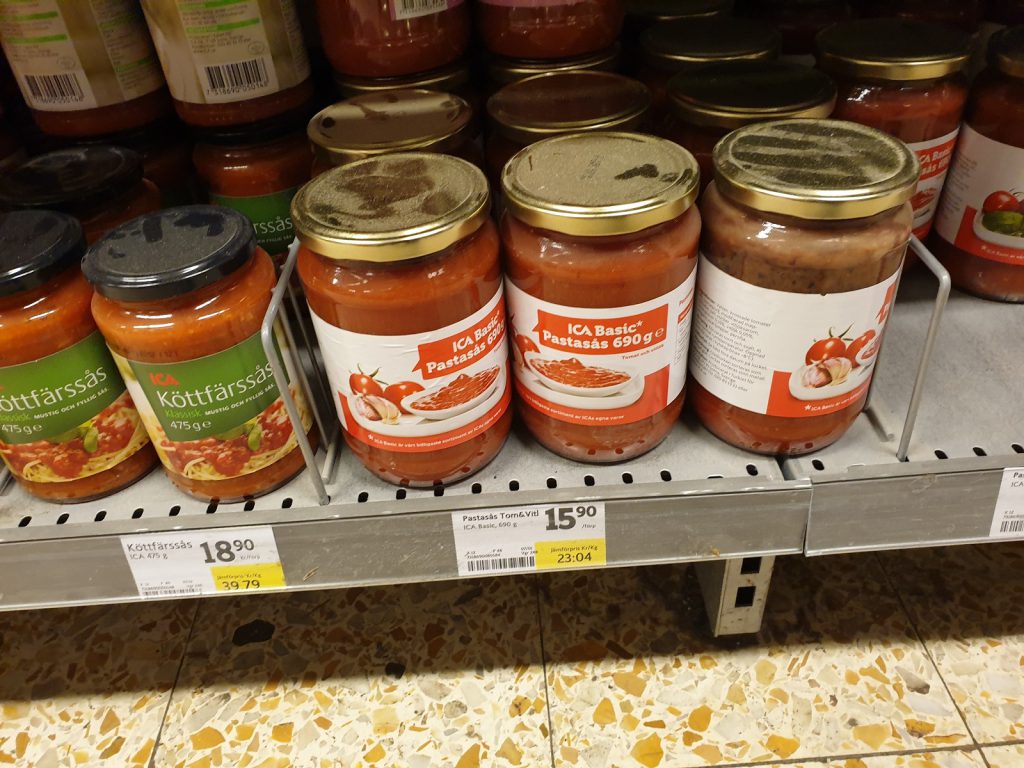
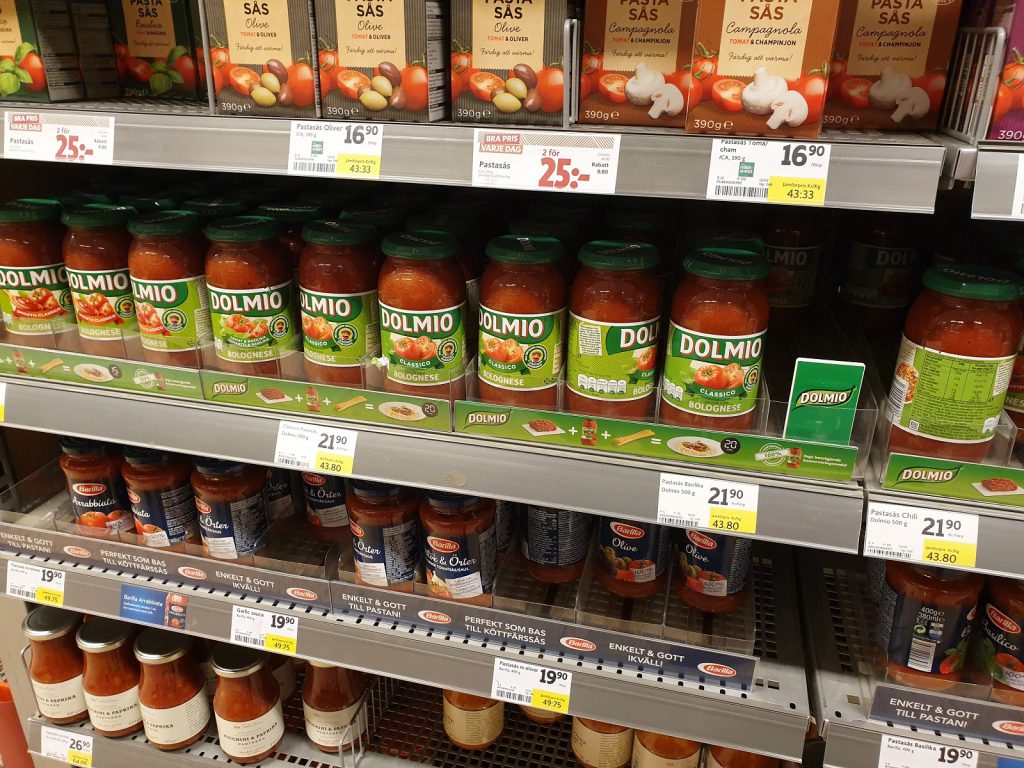
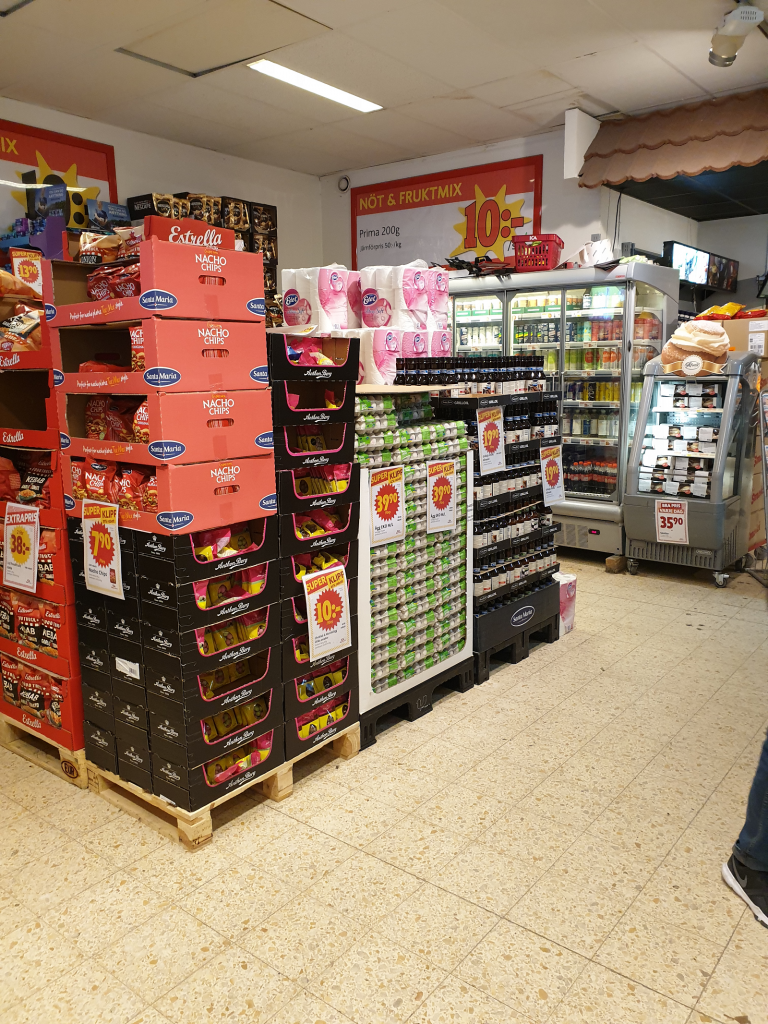

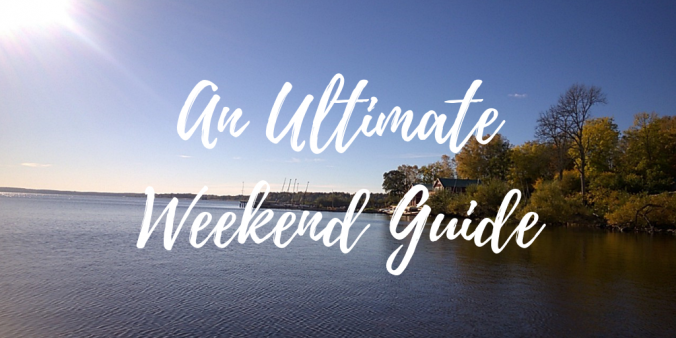
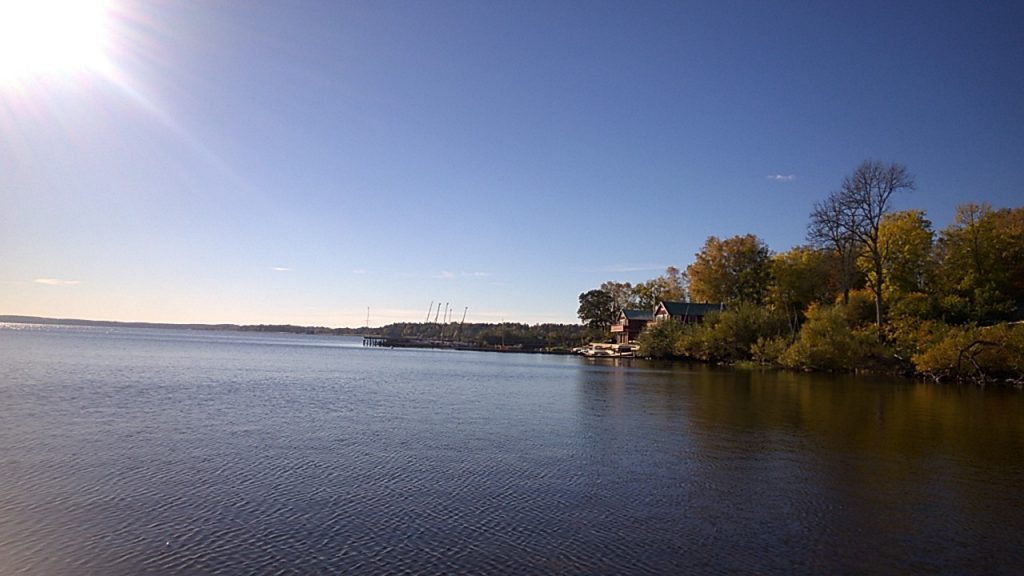
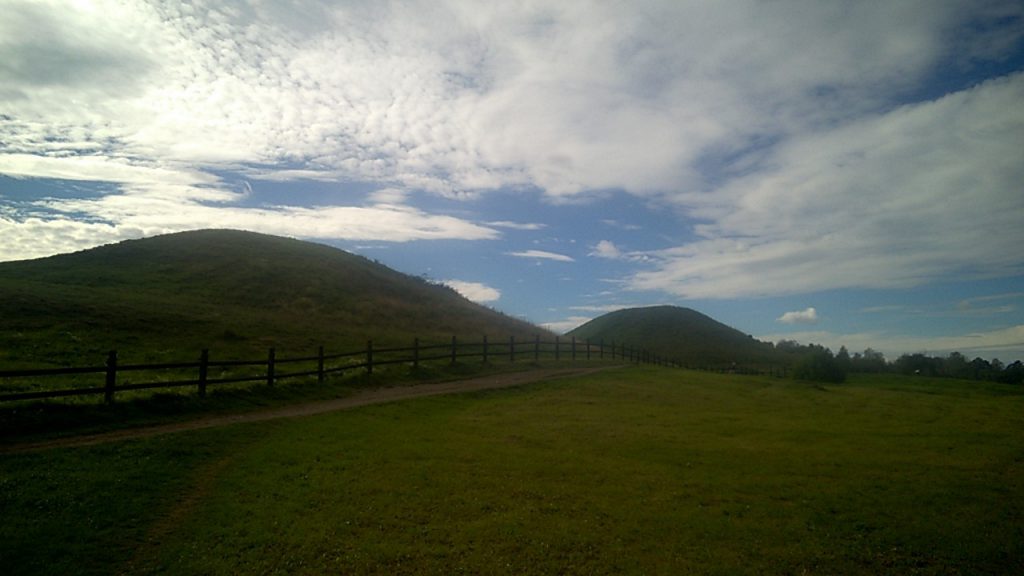
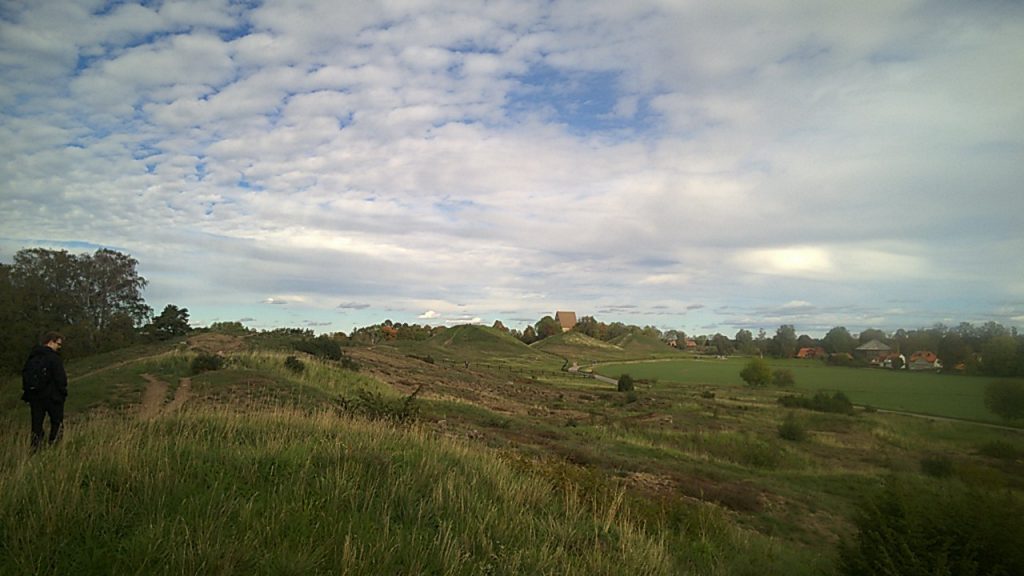
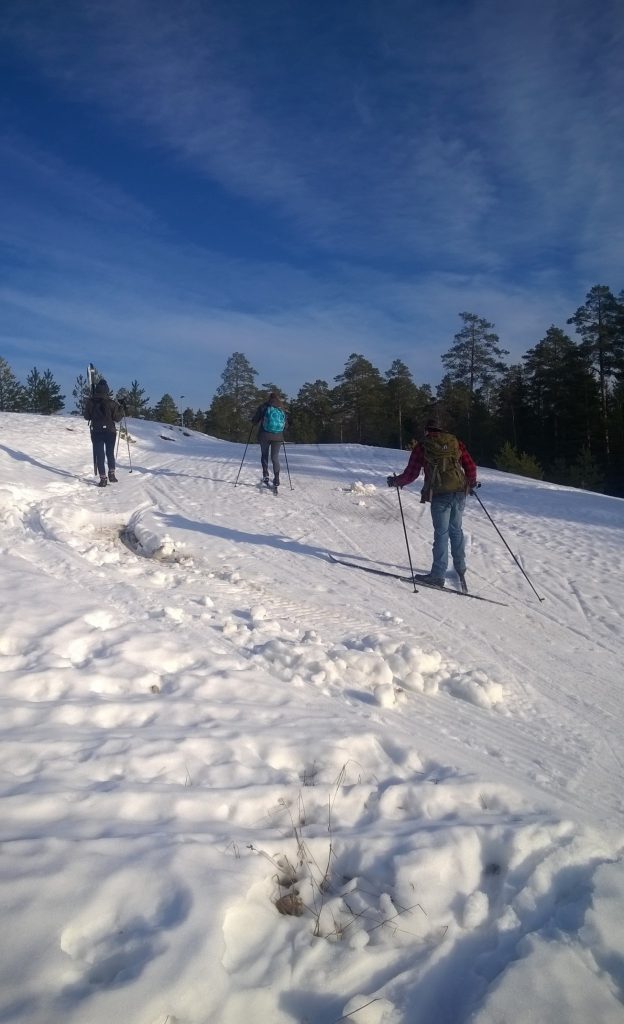

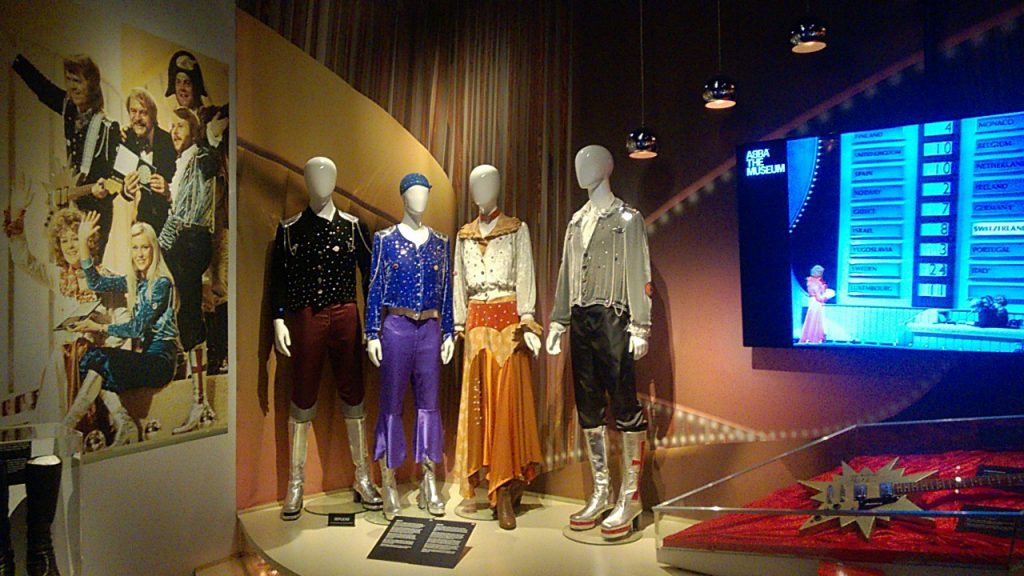

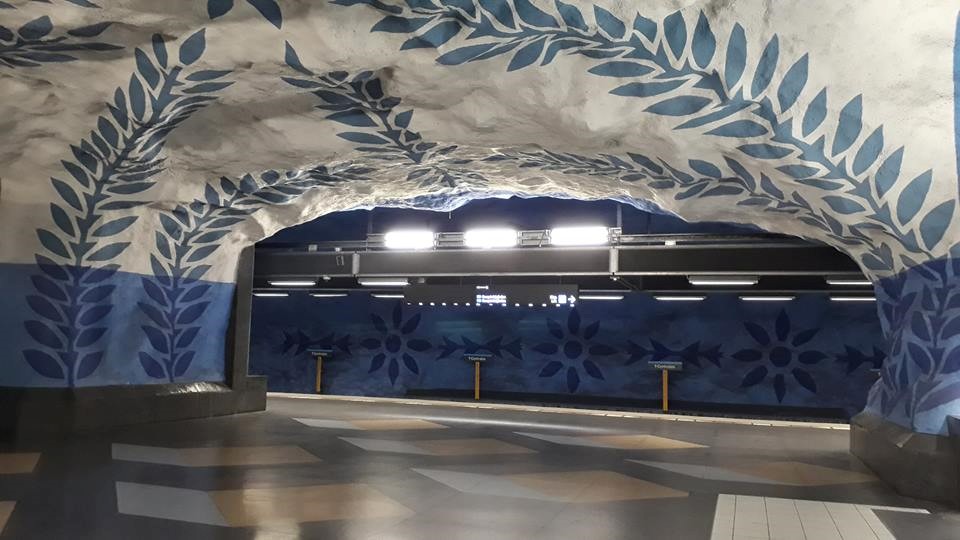
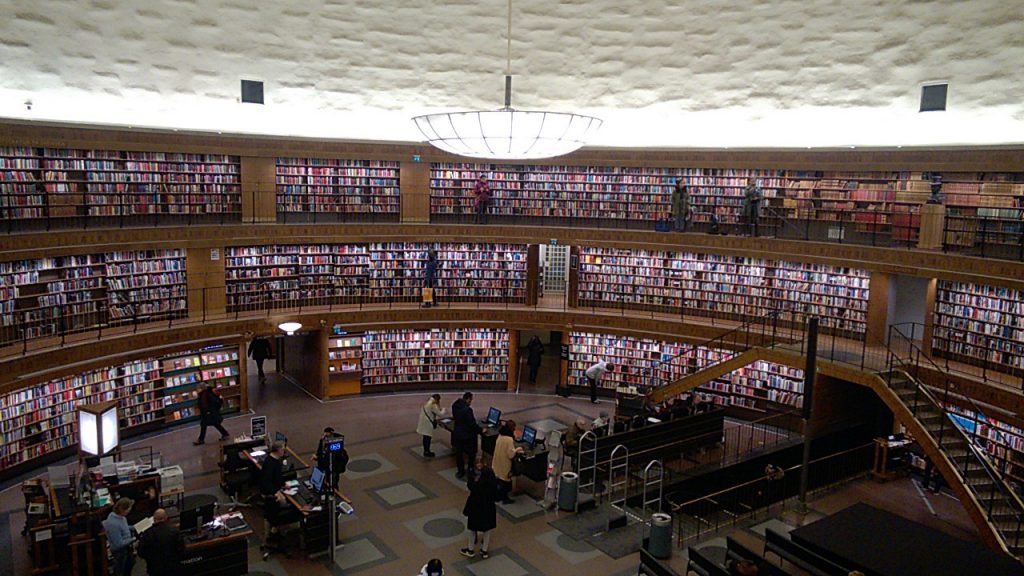
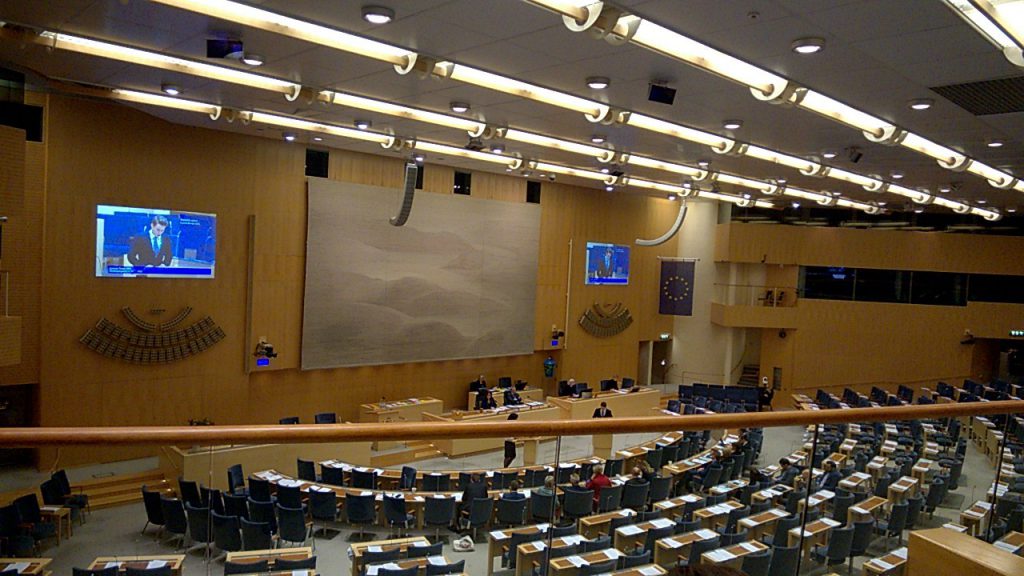

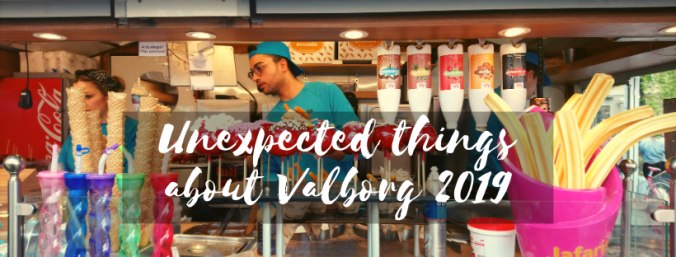

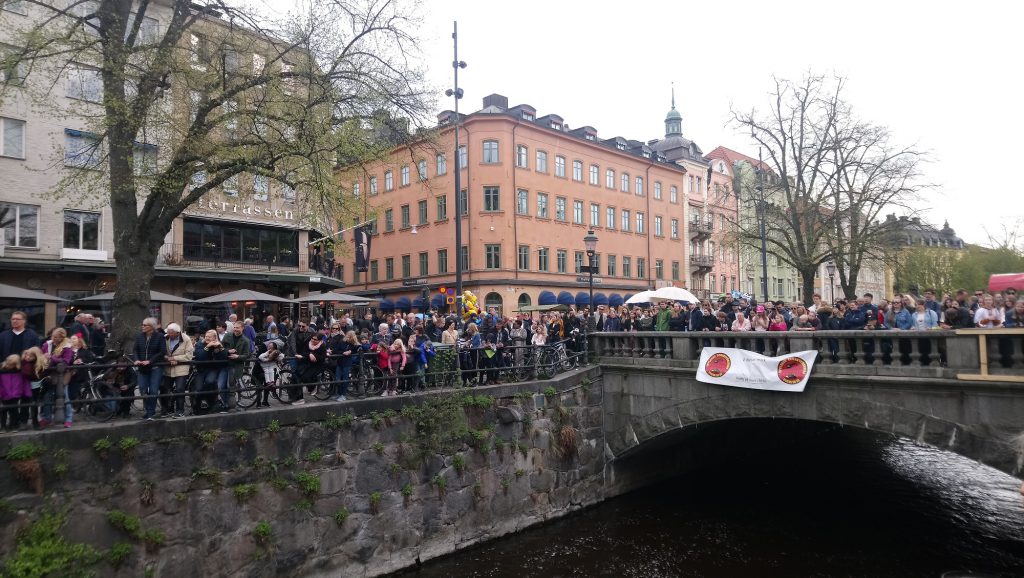
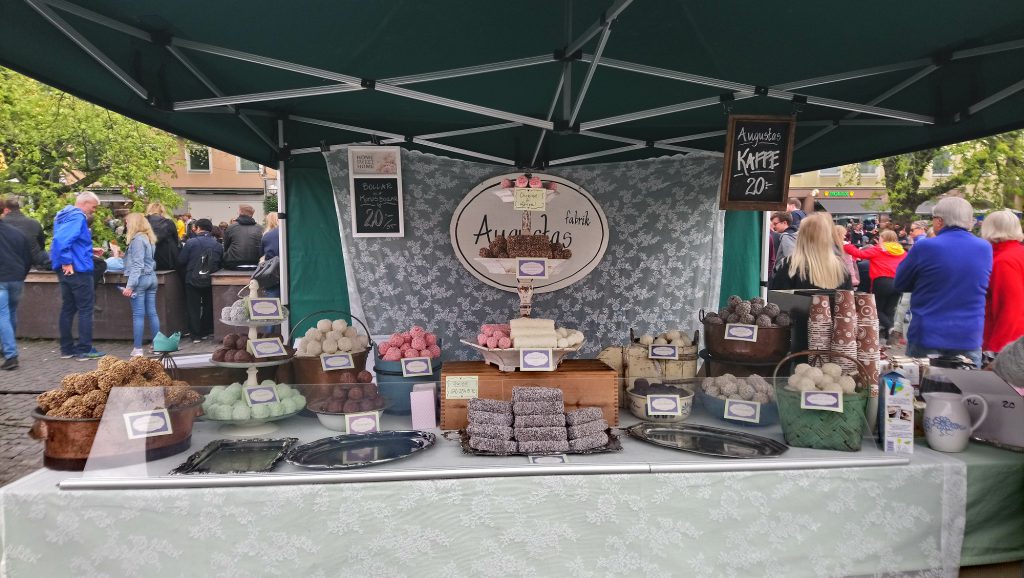
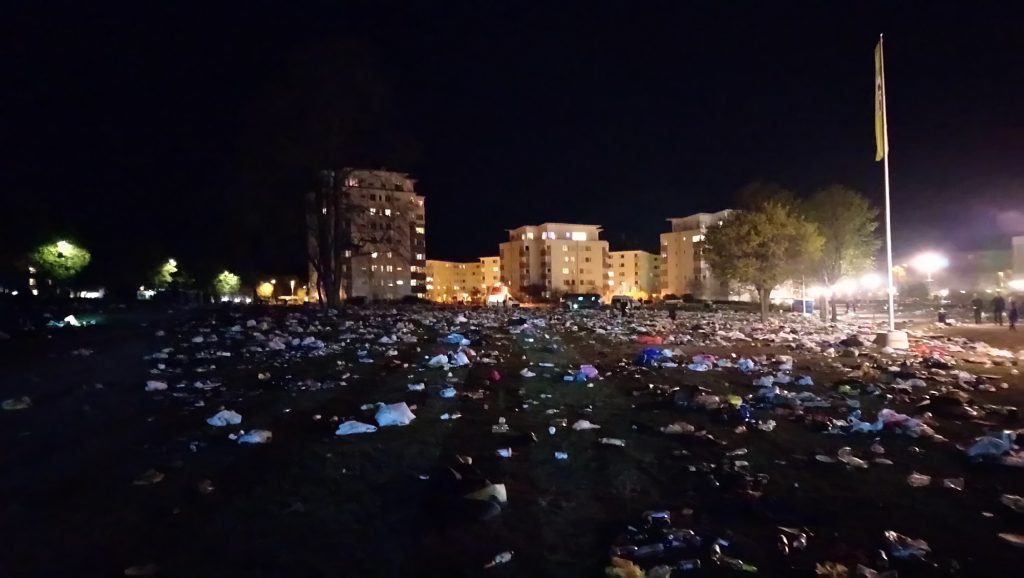
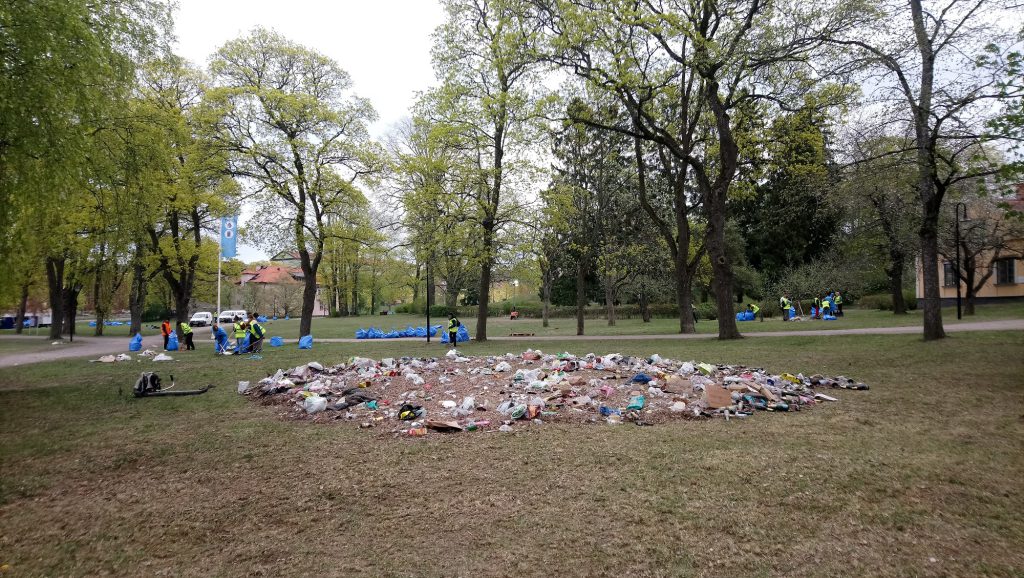
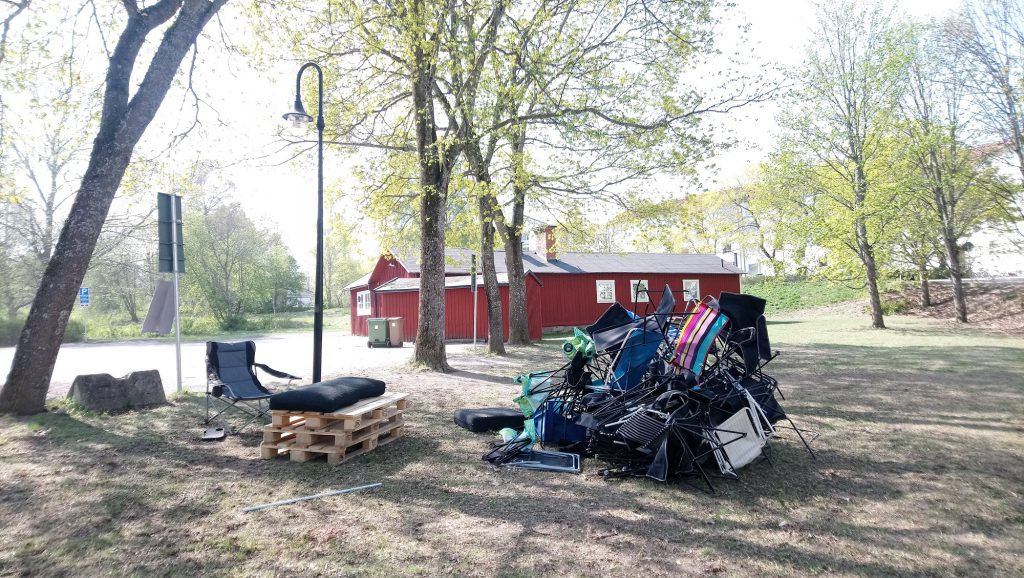
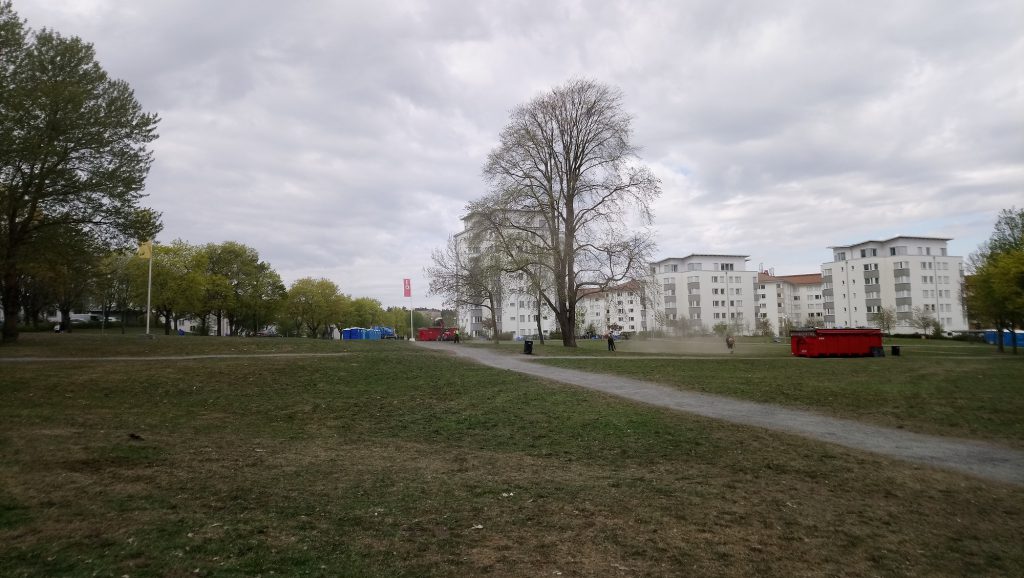
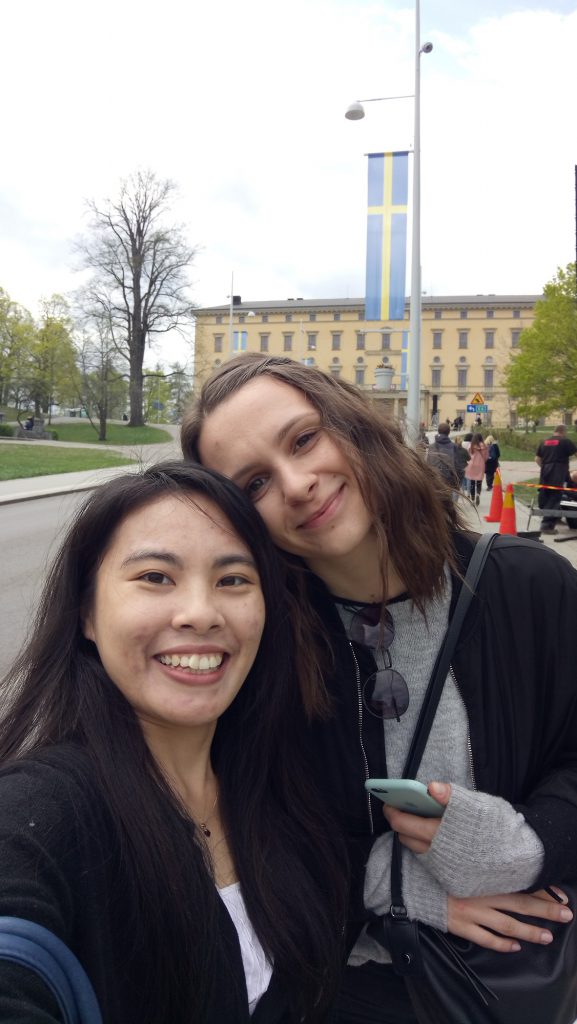

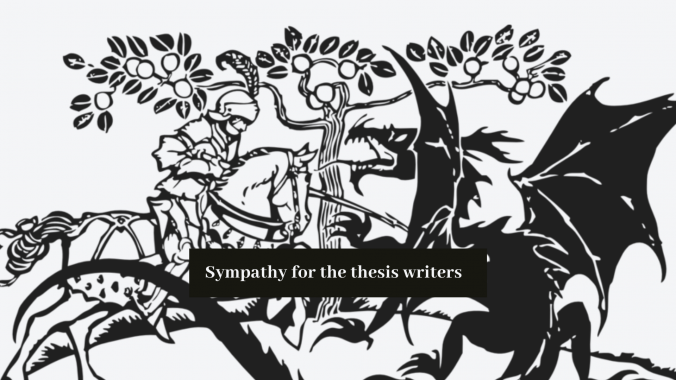
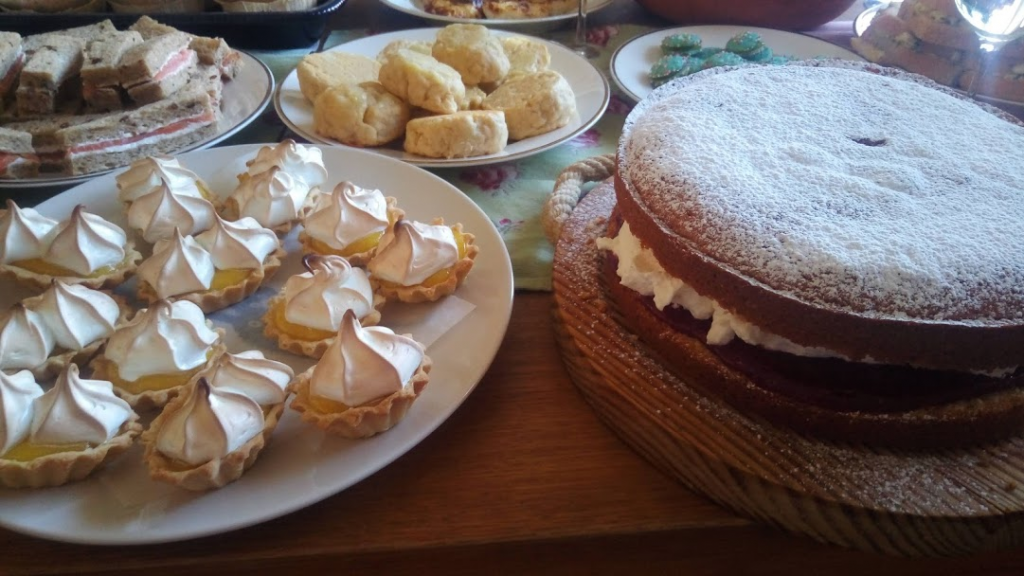

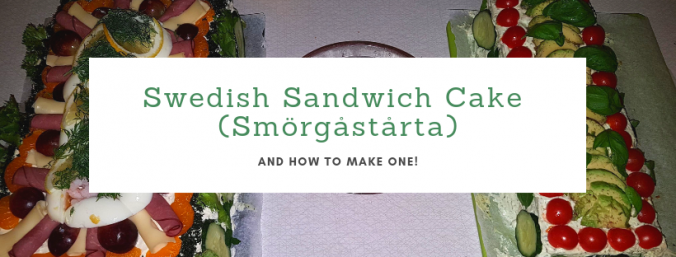
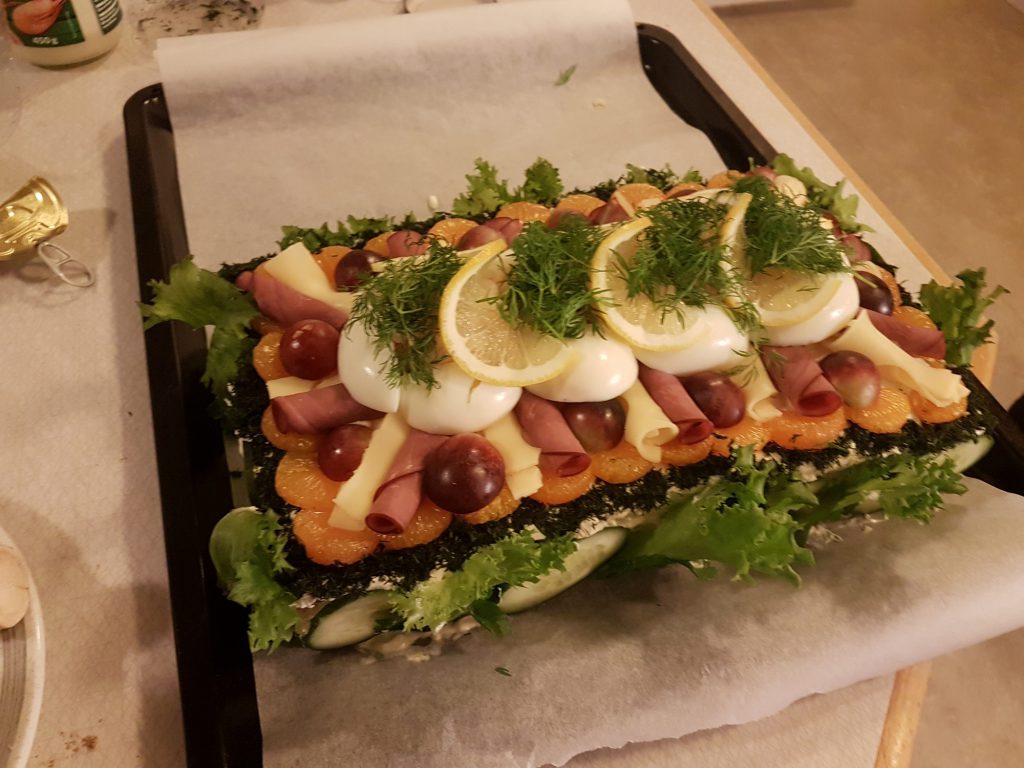
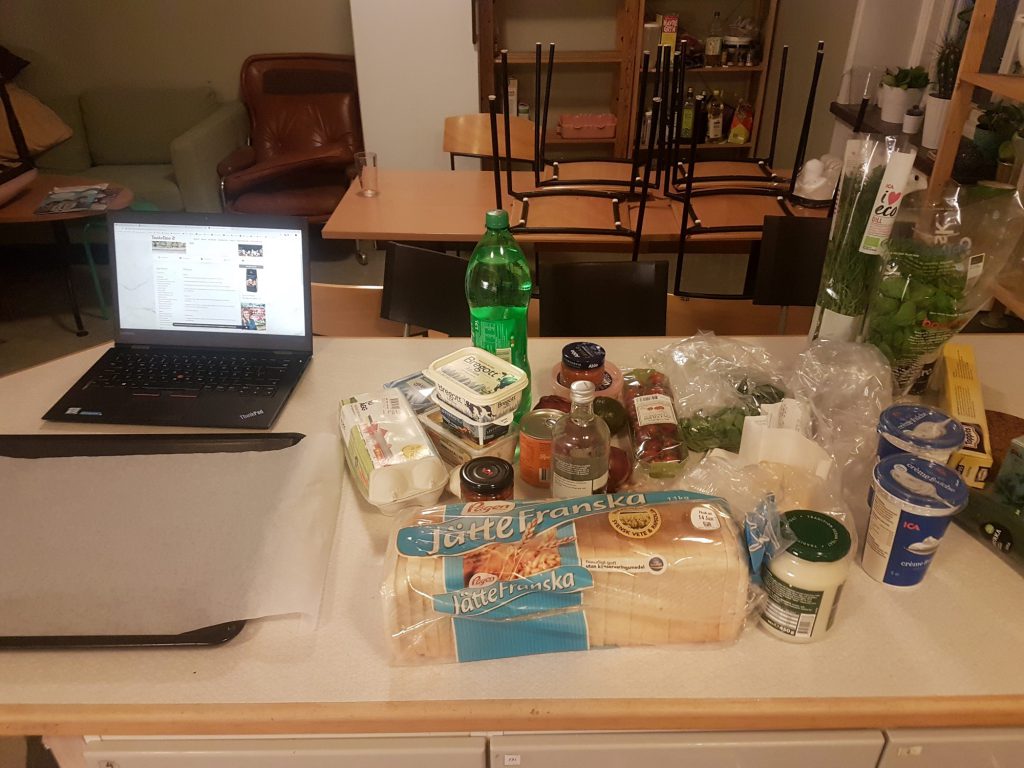
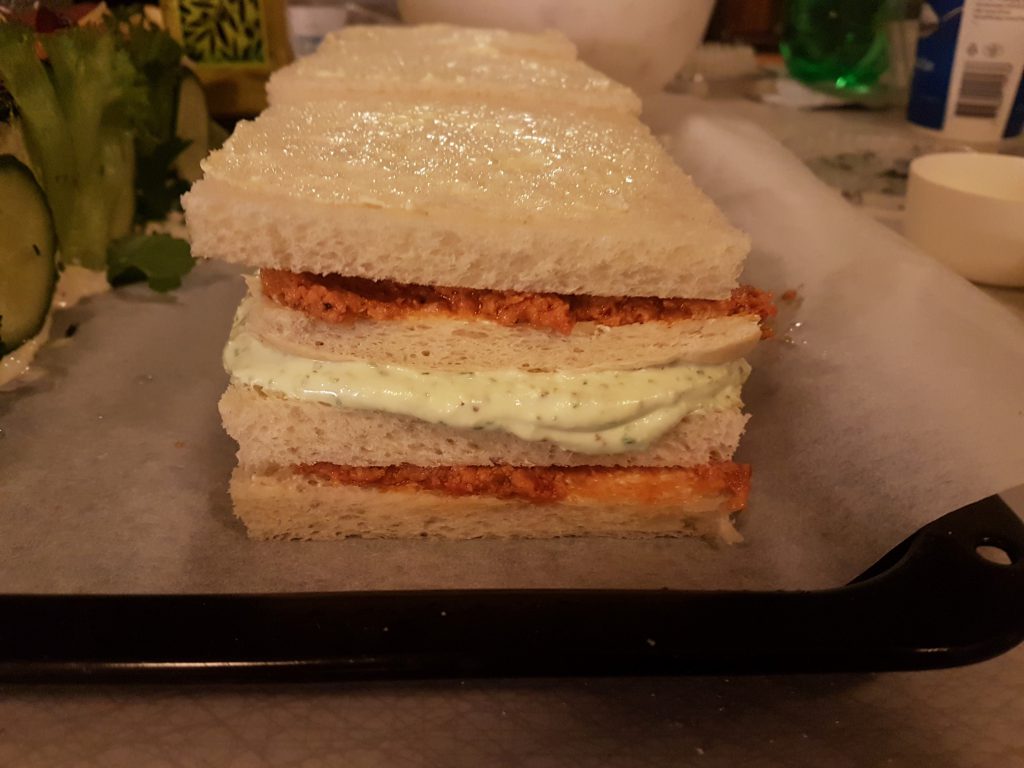
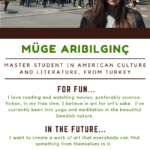
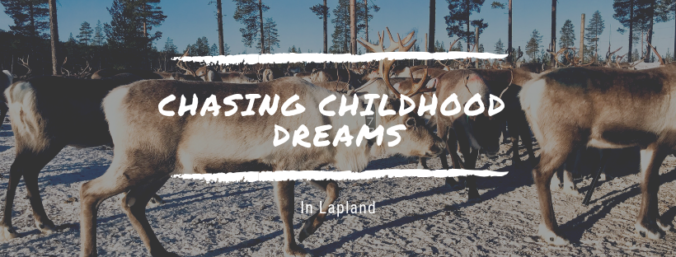
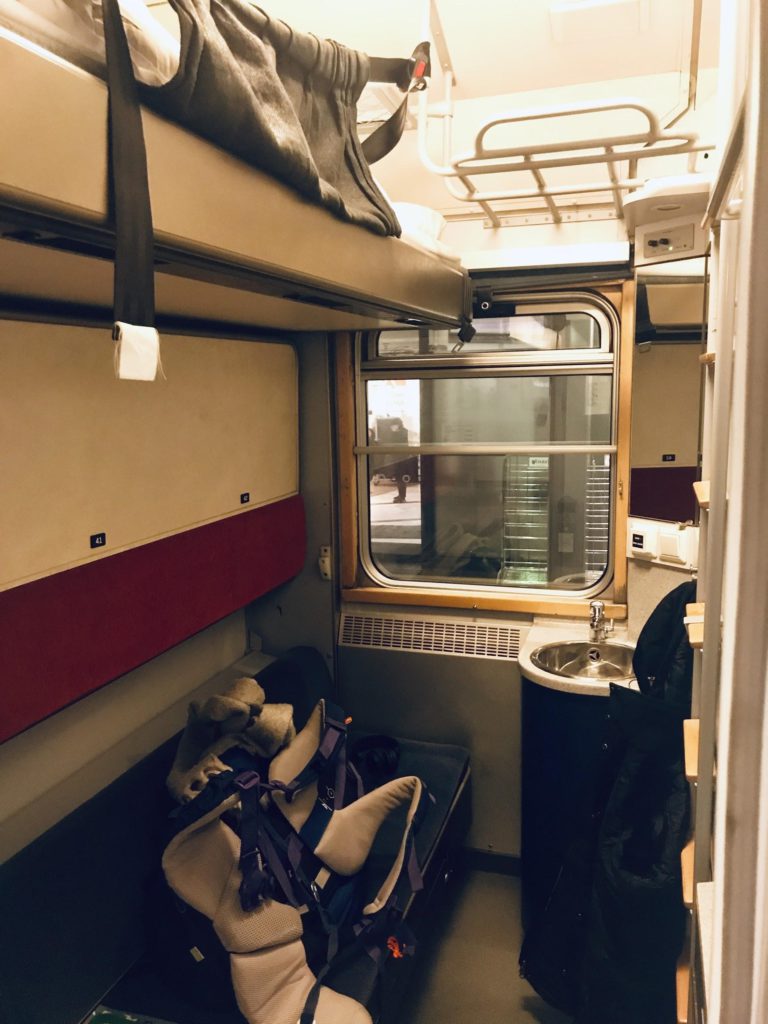
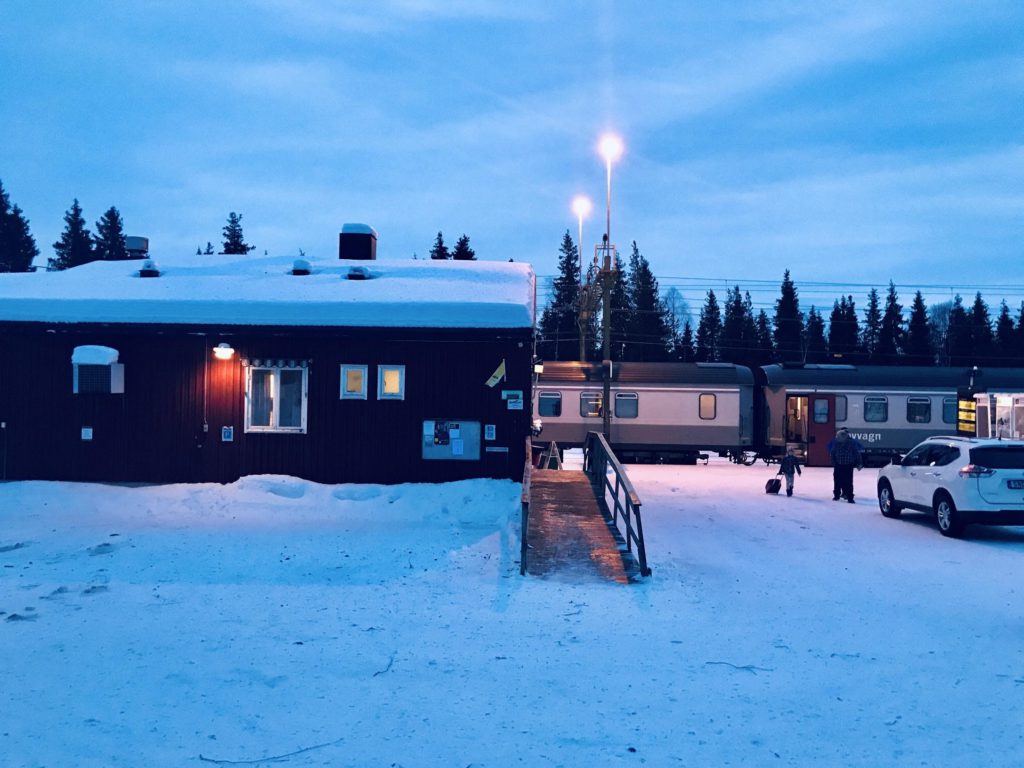

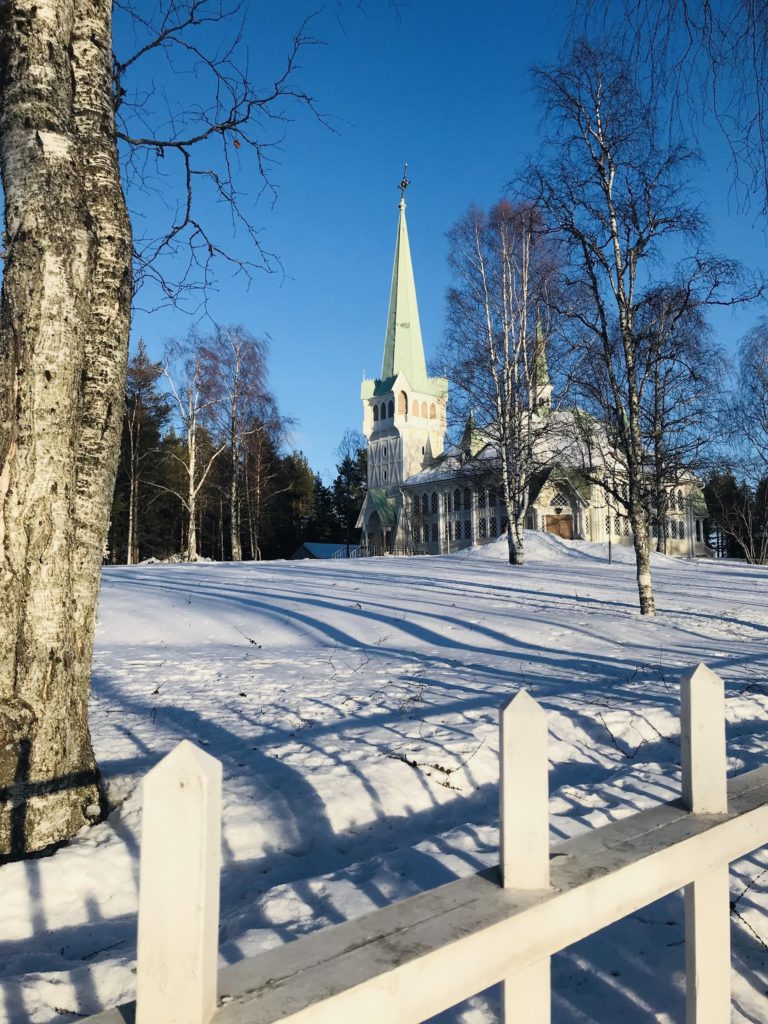
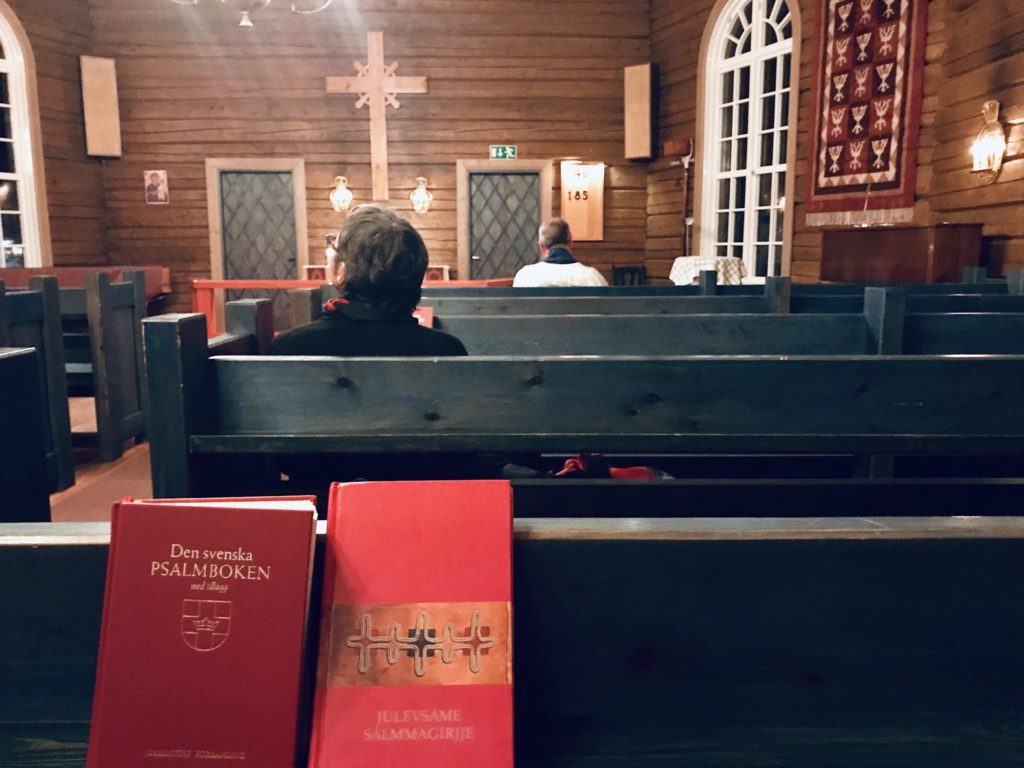
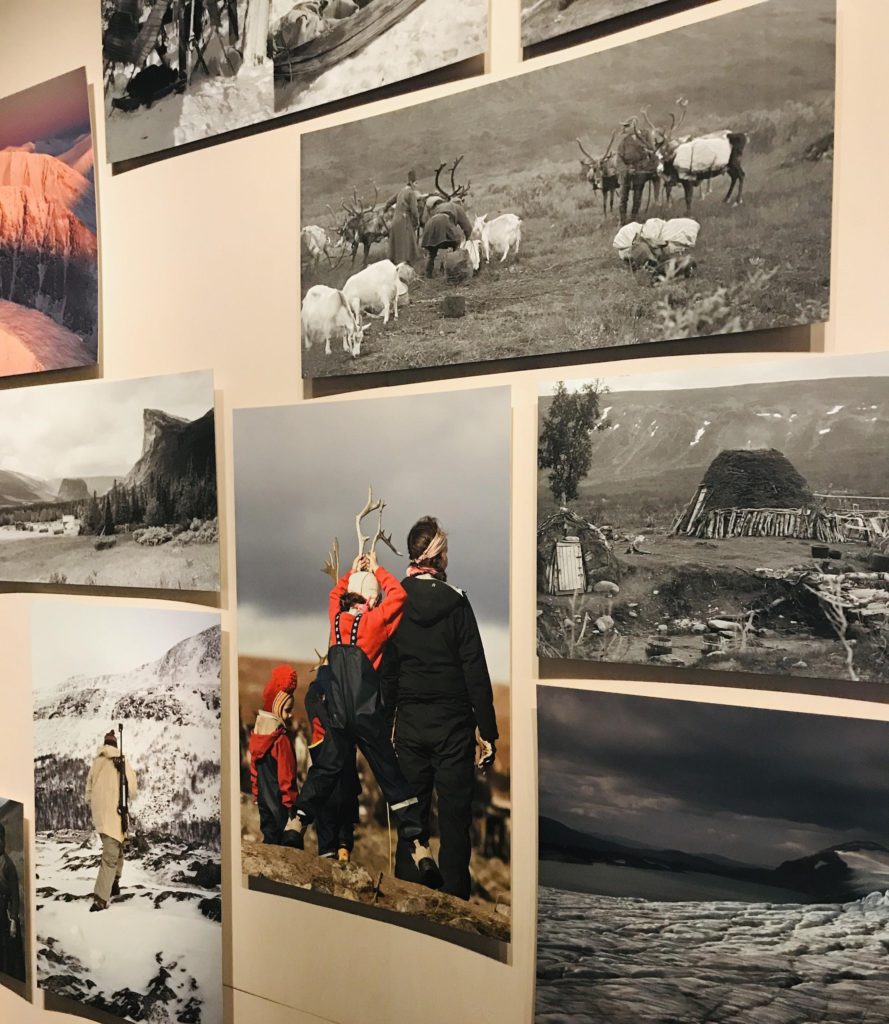
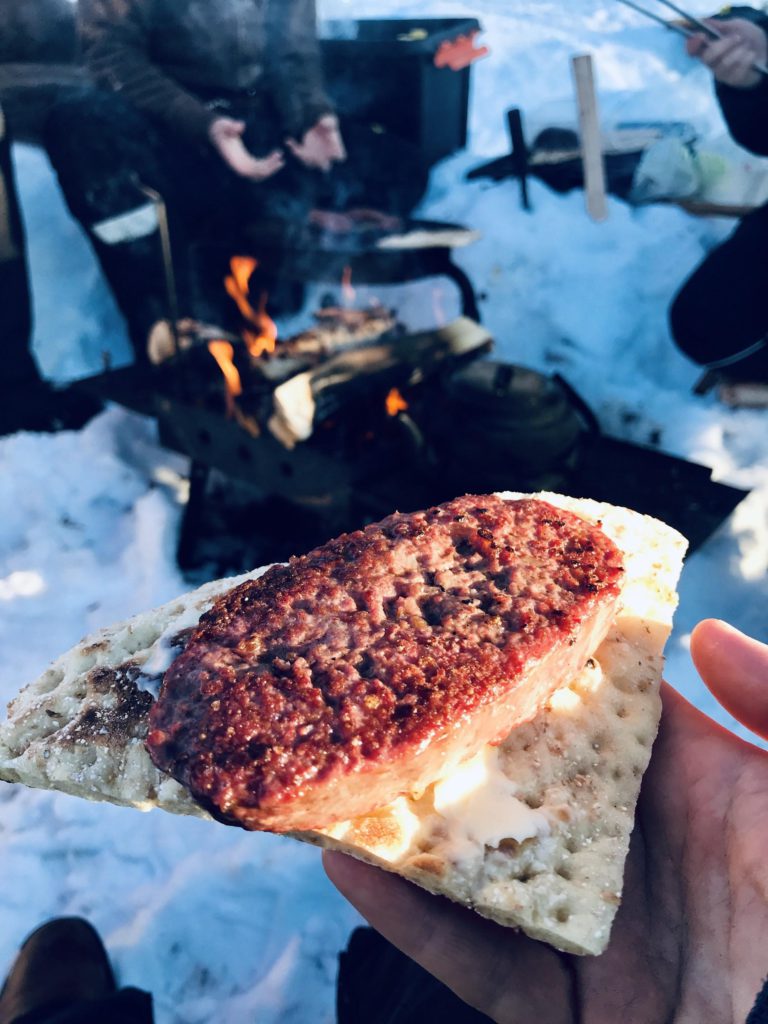
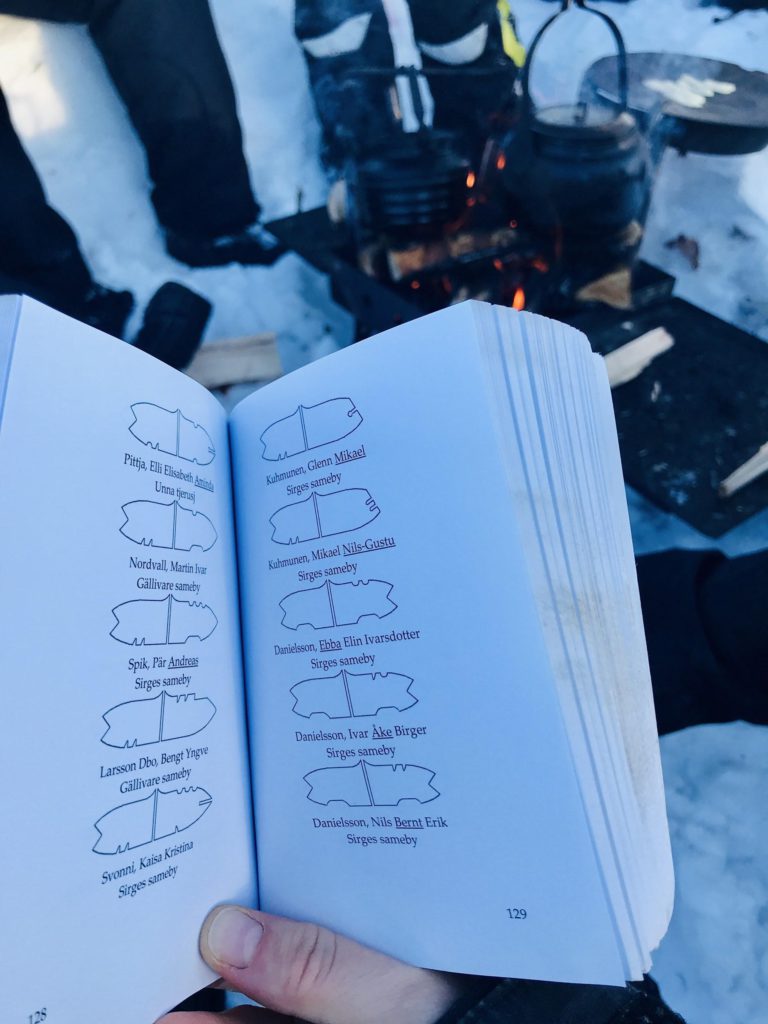
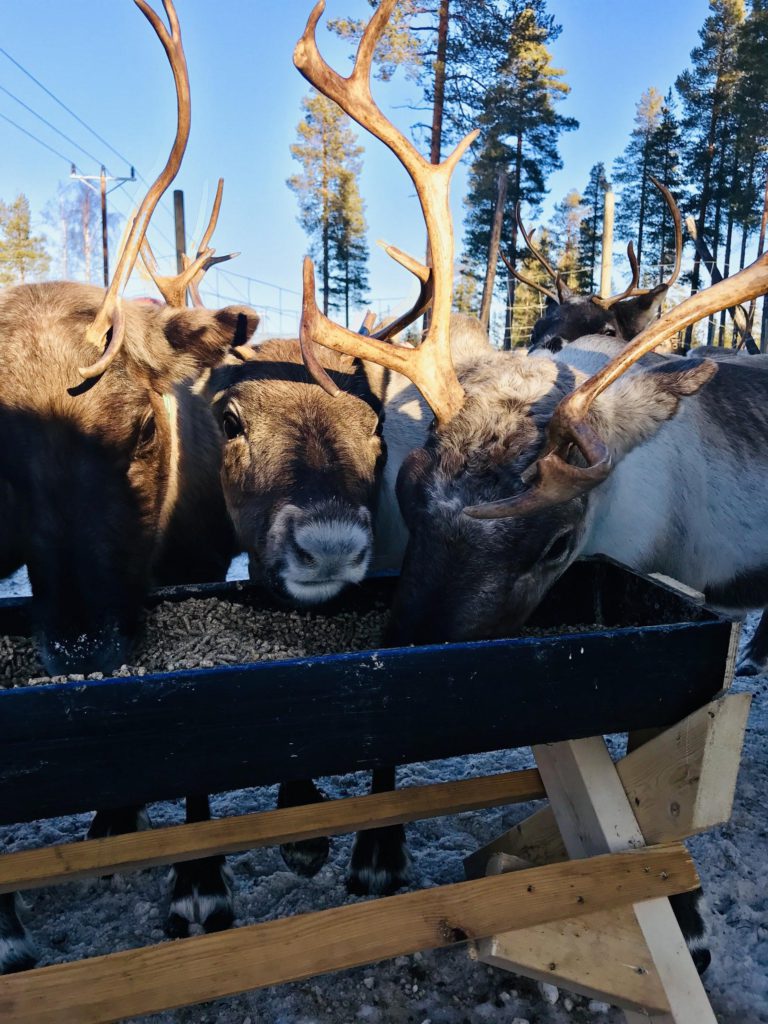
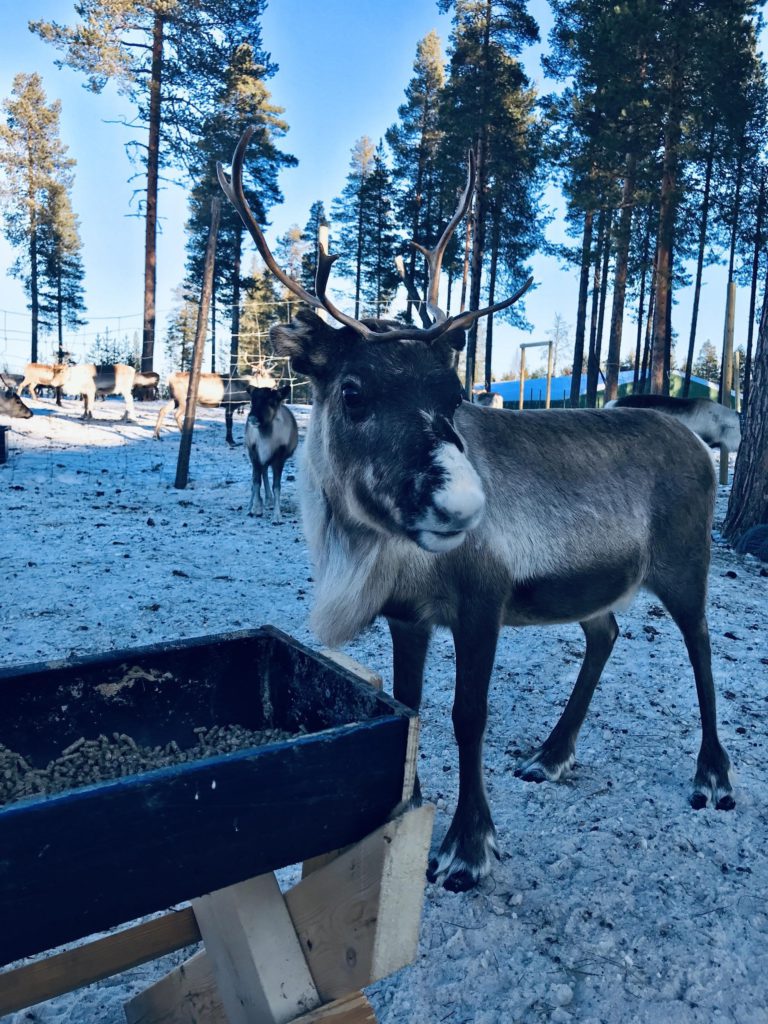

Recent Comments